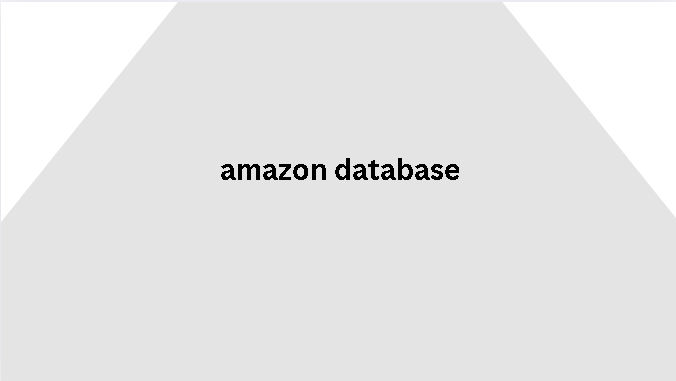That makes it imperative that acquisitions focus on security integration and orchestration but – again – security personnel are often separated from other departments, such as procurement. As a result, systems are bought first and then secured separately. To put it simply, the job of government has gotten a lot more challenging when it comes to security.
Multiple factors, both organizational
Technical, make it difficult to secure the “everywhere perimeter” and keep agencies safe. But it’s not impossible. How? Take our newest course on GovLoop Academy, How to Build Connected Security, to learn the three components of security and how to master them. I recently had a conversation with someone who described themselves as a “100 percent left-brained thinker.
In a moment of honest but self-deprecating
I’ve tried to be creative. I’ve tried to sit down and do creative things. I’m just bad at it.” Oversimplification of the right-brain/left brain dichotomy aside, I was a little taken aback. How can one be “bad at” being creative? Although it amazon database seemed absurd, it did get me thinking. What might cause this person to say that? After all, it’s difficult to judge creative products quantitatively.
It’s certainly possible that this person
Produced something that was later quantitatively rated poorly. However, I think it’s more likely that the sentiment of being “bad at” creative endeavors was more a function of how they felt engaging in these activities, which is to say that the therefore, you should use no more than process felt unnatural and maybe even uncomfortable. It can certainly feel like we are bad at something when we are out of practice, similar to feeling the acute difficulty of a workout when we are out of shape.
Even for the least athletically inclined
Workouts get easier simply as a result of regular practice, independently of whether our results become objectively “better.” Likewise, having rich data the ability to easily tune into one’s creativity requires regular practice, or at least regular attempts at showing up. This is a subtle contrast to the popular psychology doctrines claiming that “[patience/willpower/insert quality here] is like a muscle.” These philosophies claim that with time, one’s capacity for.







